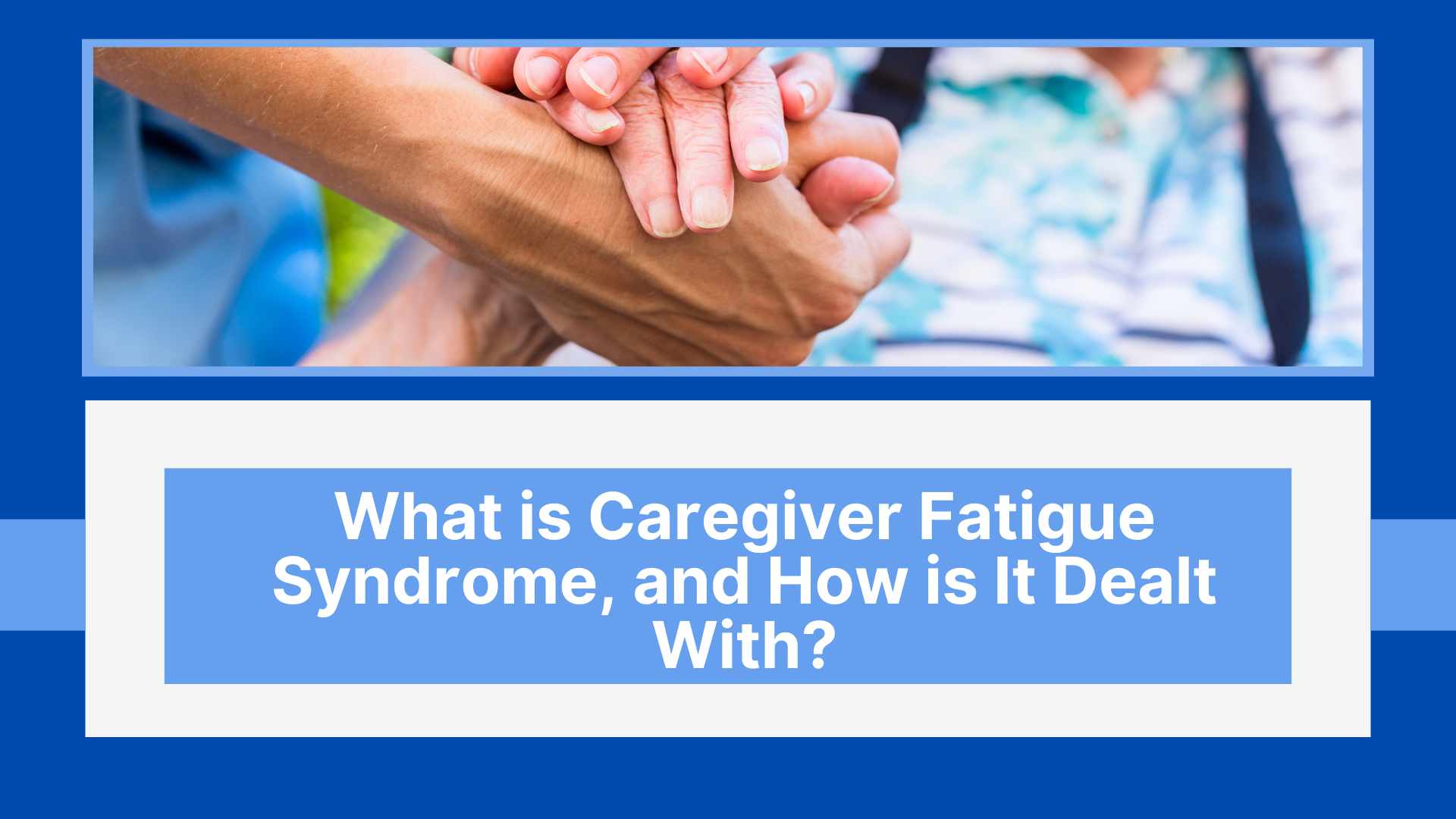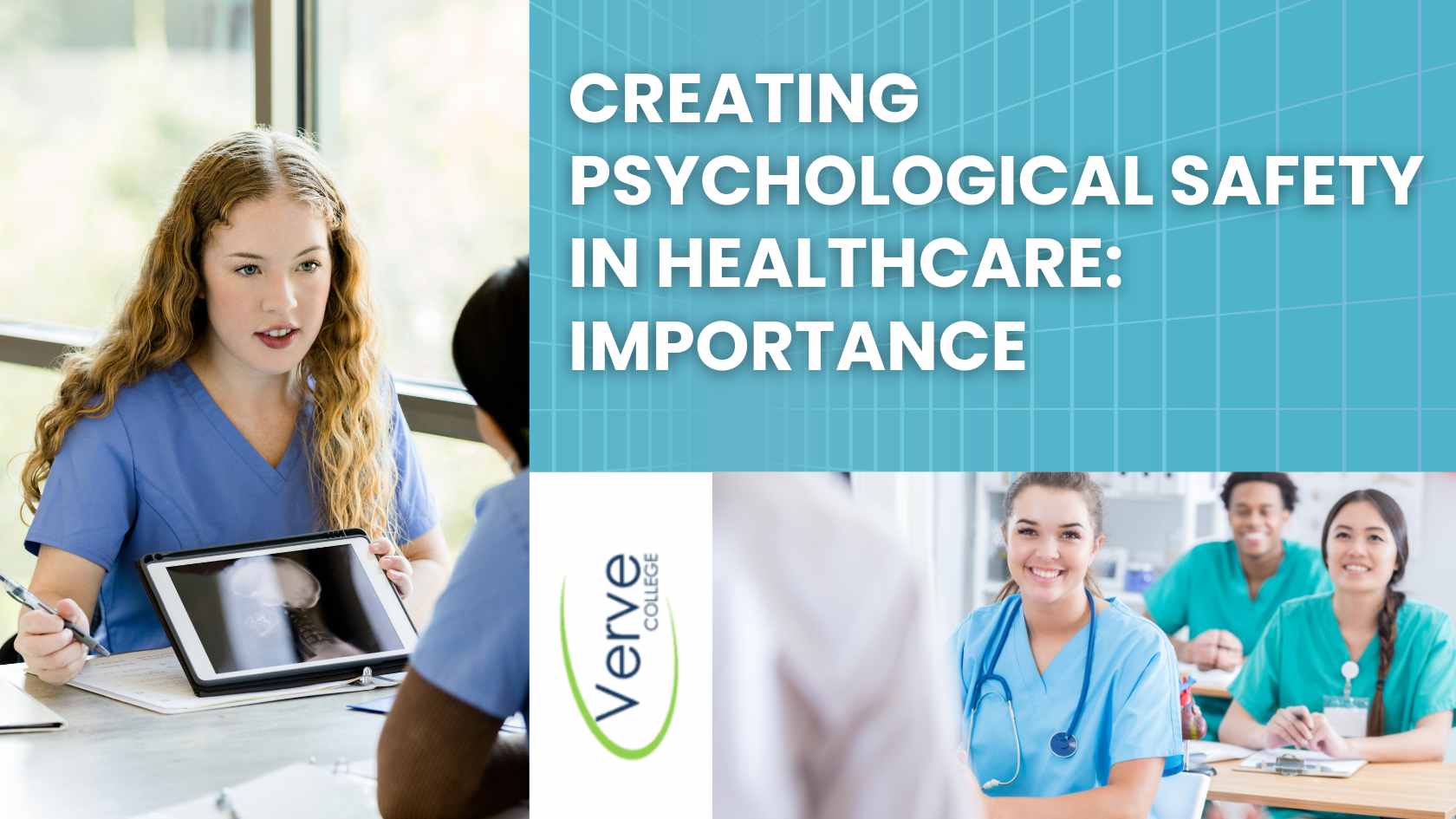- Oak Brook:(630) 705-9999
- Chicago:(312) 920-8822
- Email:inquiry@vervecollege.edu
- Make a Payment
- Home
- Programs
- Admission
- Resources
- ATI Entrance Exam Resources
- New E-Digital Library
- Refer a Friend
- School Newsletter
- Events
- Employers
- Job-Network
- Alpha Beta Kappa Candidates
- Verve College Library
- Graduation and Pinning Ceremony Photo Galleries
- Textbook Information
- Career Services
- Tutoring
- School Catalog
- FAQ
- Constitution Day Program
- Alumni
- Verve College Plans
- Financial Aid
- HEERF Reporting
- Satisfactory Academic Progress
- Apply For Financial Aid
- Net Price Calculator
- Return of Title IV Funds (R2T4)
- Financial Aid Office Code of Conduct
- Contact
- FAQs
- Verification Policy
- Vaccination Policy
- Student Right-to-Know Act
- Misrepresentation
- Information Security Program
- Academic Award Year
- Availability of Employee
- Cost of Attendance
- Health & Safety Exemption Requirement
- Students Rights and Responsibilities
- Leave of Absence
- Pell Formula
- Military Students
- Grants/ Scholarship Policy
- Contact Us
- Login
- Testimonials
- Blog
Is a Nursing Career Right For You?
Take The Free Quiz
Moral Resilience to Neutralize Moral Distress in Nursing
Moral Resilience to Neutralize Moral Distress in Nursing
Moral distress occurs when an individual recognizes their moral responsibility and evaluates various options available to them, then decides that, according to their beliefs, the best course of action would be. Unfortunately, obstacles prevent this decision from being implemented, so moral distress ensues.
Literature provides ample evidence about the causes and incidence of moral distress, which contributes to burnout, broken interprofessional relationships, and shortages while undermining safety and critical care nurses. Moral resilience should be prioritized for optimal care delivery. which is taken by the health care workforce.
Moral Resilience in Nursing
As practical nurses, our primary responsibility lies in serving those we care for. To minimize distress when ethical issues arise during patient care in health care facilities & in professional nursing homes with moral complexity, confusion, or distress based on self-knowledge and commitment to values and intentions.
How Can Nurses Foster Moral Resilience in Nursing?
Health care professionals can employ strategies to foster moral resilience within themselves and advocate for health care system strategies that promote ethical practice by doing clinical practice in night and weekend nursing programs. We can take measures in ethically challenging situations to reduce moral distress by taking appropriate action to bolster heart, mind, and spirit; such strategies should complement system-level interventions that create an ethical culture in an organization.
Foster Self-Awareness
Unveil the thoughts and emotions associated with moral distress, acknowledging they could be biased, inaccurate, or contrary to your values. Be curious about both positive and negative assumptions you hold that might affect how you respond in certain situations; ask questions to determine whether your beliefs are accurate for the current circumstance or are projecting from past experiences.
Strengthen Your Ethical Competencies
Align your inner values with your outer behavior. Moral principles and values can be explored further by cultivating perception in complex situations. Ethical competency includes honest reasoning skills, patterns, and behavior habits reflective of the character we carry over to everyday problems, continual reflection, and principled and responsible action taken as part of daily living.
Confidence and Clarity When Speaking Out
Locate and express yourself clearly when engaging in interprofessional interactions. Use an engaging and ethically sound vocabulary to communicate your concerns effectively.
Engage Others
Morally resilient people rely on relationships with themselves and others for support when coping with moral distress, providing a crucial form of safety net.
Participate in Transformational Learning Experiences
Take advantage of moral crises and situations for a better health care environment that cause moral distress to examine yourself and how your limitations relate to your moral core. Engaging in professional activities such as routine case reviews, root cause analyses of morally disturbing situations, and quality improvement initiatives can help us improve our practices and behaviors.
Contribute to a Culture of Ethical Practices
According to the Code of Ethics for the American Nurses Association, we are responsible for creating and upholding a culture of advanced nursing ethics among nurses. By joining with interprofessional efforts and actively contributing as professional nurses towards building resilient structures, we can strengthen resilience morally as well.
Moral resilience is a concept that develops in response to moral distress. Like physical exercise, building moral resilience involves discipline and compassion for our limitations and failures. Nurses may revisit three core questions regularly as part of their ongoing practice to foster moral resilience in nursing.
What am I today, and what would I like people to know about me?
Do I act or refrain from acting according to what feels comfortable?
These questions help us ground our character, choices, and behaviors to reduce exhaustion caused by being out of alignment with values and obligations. Explore mental health strategies while enrolling in accredited LPN programs with pre – requisites courses (online programs from vocational nursing schools) from the best nursing colleges in Illinois. The 5th provision of the ANA Code of Ethics requires us to commit specific actions that support mental resilience regularly.
 Sign up
Sign up Login
Login




